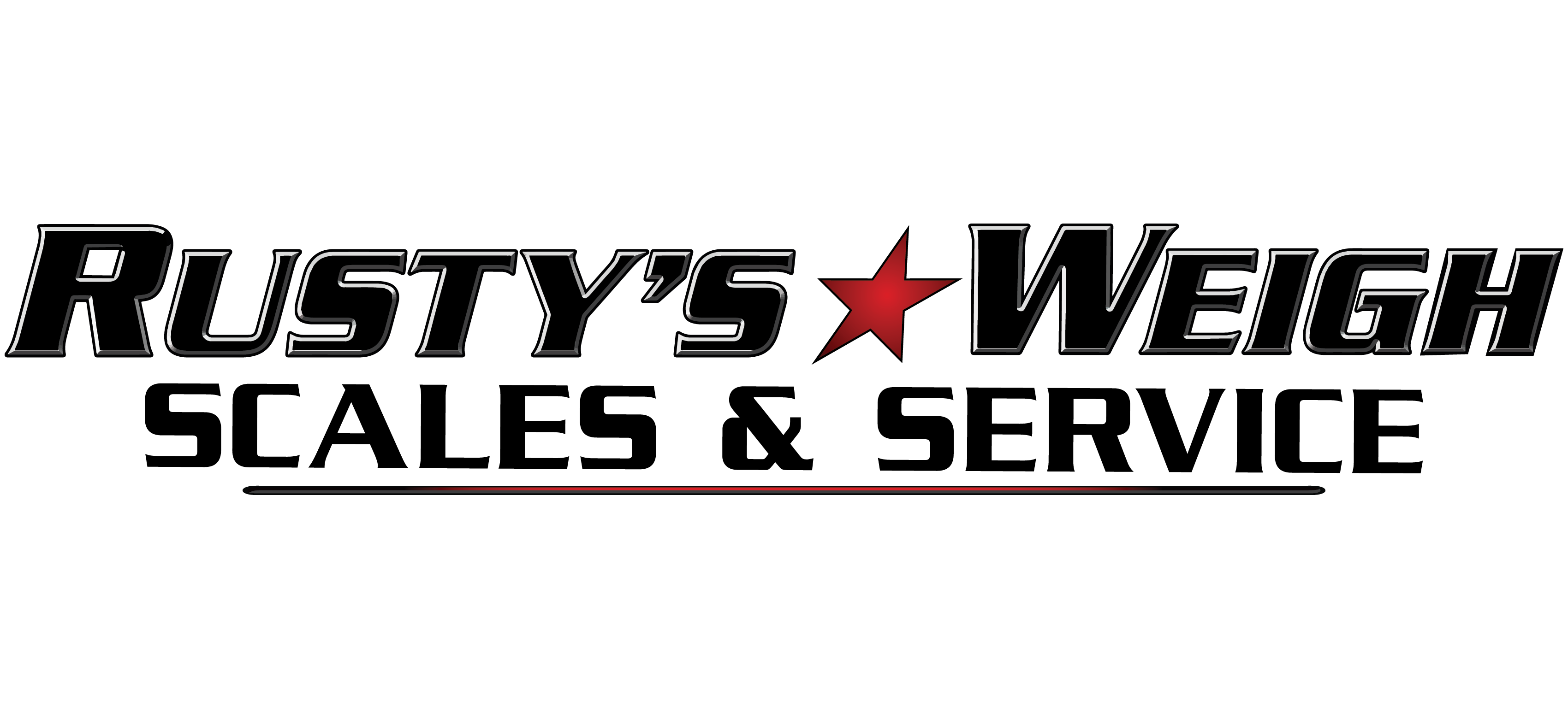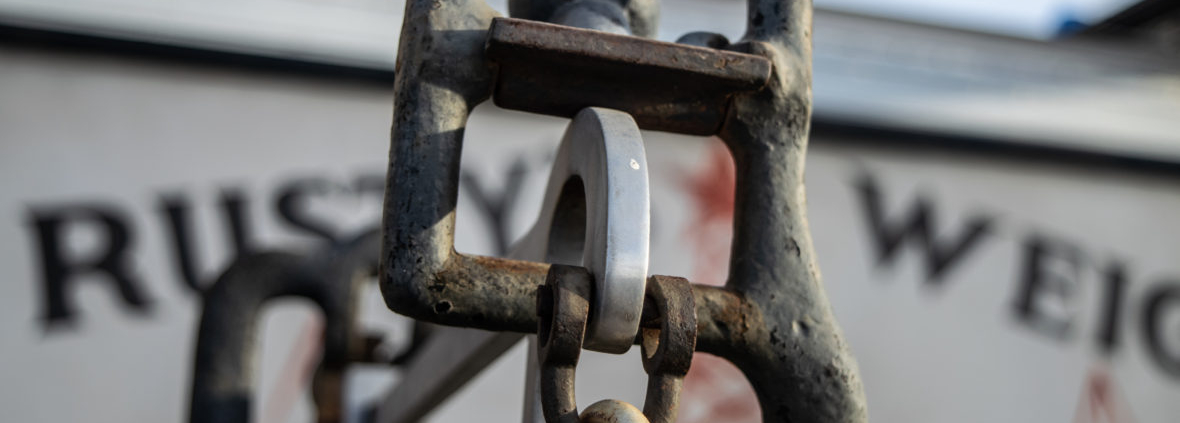Imagine this: Your customer receives your product and accepts the shipment just to find out they’ve been shorted a part or amount of product. How would that impact your business? Will your customer be comfortable with your solution to this problem? Now, imagine the opposite happens. You start overfilling containers, losing batches to consistency, or accidentally sending trucks out 20lbs heavier because the weight on the readout is not accurate. The customers should be satisfied, but that’s will gradually lose your hard-earned profits. These are common, real-world problems that affect many businesses to a greater degree than they realize.
Are You Sure You Can Trust Your Display?
Scale inaccuracy could potentially cost manufacturers millions of dollars a year if not properly checked. One of the most commonly made mistakes is blindly trusting your scale readout. There are multiple factors that influence weighing devices, and in turn, cause readouts to be inaccurate. Improper calibration of the scale is one of the more common factors, and can cause countless issues for your operation. If your scale technician does not take the time to calibrate the scale correctly, taking into account and testing for various environmental factors, your calibration could be incorrect. In addition to natural calibration loss, environmental changes, scale movement and damage can cause calibration loss and scale inaccuracy. Often times the scale readout will not detect a weighing error in these scenarios, leaving managers clueless about the larger issues at hand.
What is the Solution?
What is the best way to ensure your scales are accurate? Aside from using a transparent scale service provider for regular calibrations, checking your scales with a known weight can help. That is typically done as part of a calibration process, but it is not unheard of for maintenance managers to purchase weights for this purpose. When a known weight is placed on a scale, you can see if the readout is displaying the appropriate measurement. While this can help detect a problem, it will not find the source or solution that is best for your business. These issues could originate in many different areas, and could need a trained professional to find and repair them. Regular calibration as part of a preventative maintenance plan is the best way to stay ahead of issues and ensure your scales remain accurate.
Preventative maintenance through Rusty’s Weigh allows our experts to check your scales and readouts for inaccuracy at regular, predetermined intervals that work best for your schedule. Our operations managers and technicians have been trained to identify opportunities to help you increase your efficiency and productivity through the implementation of proper preventative maintenance and calibration procedures on your weighing devices.



